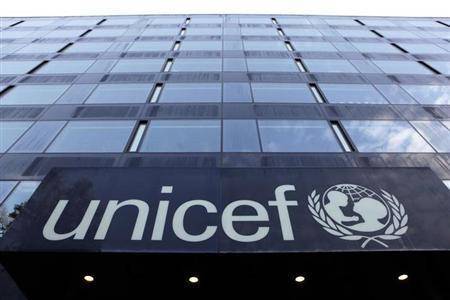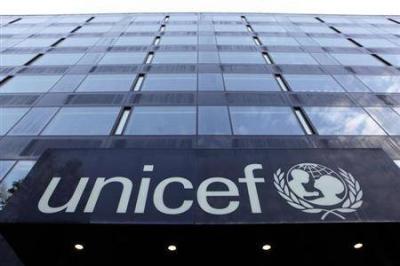A new survey conducted by UNICEF reveals that "families in Lebanon can barely meet their basic needs despite significantly reducing their expenditures. An increasing number of families are forced to send their children, some as young as six, to work in a desperate attempt to survive amidst the social and economic crisis sweeping the country." Families in #Lebanon are striving to provide for their basic needs in order to cope with the social and economic crisis. Learn more in the #FutureOnHold report.
UNICEF Lebanon representative Edward N. Bjeikidar stated: "The compounding crises facing the children of Lebanon lead to a desperate, intolerable situation that devastates their morale, harms their mental health, and threatens to extinguish their hope for a better future."
The report shows that "about 9 out of every 10 families do not have enough money to buy essentials, forcing them to resort to drastic measures to cope with the crisis." In #Lebanon, 9 in 10 households can’t afford the essentials, compared to 76% a year ago. Urgent action is needed to safeguard children's well-being and ensure their basic rights are met.
The report highlights the following findings:
- 15% of families stopped educating their children, up from 10% a year ago. 52% reduced their spending on education, compared to 38% last year.
- Three-quarters of families cut back on health care spending, compared to 6 in 10 families last year.
- Two out of five families had to sell their belongings, whereas just one in five did so last year.
- More than 1 in 10 families had to send their children to work as a means of coping with the multiple crises, while the figure rises to nearly 1 in 4 among displaced Syrian families who sent their children to work.
**Impacts of the Crisis**
The report notes that "the crisis is also leading to increased menstrual poverty, with more than half of the surveyed women and girls stating they lack sufficient menstrual hygiene products, such as sanitary pads, which they all reported have now become prohibitively expensive."
Additionally, "many caregivers reported feeling immense stress due to the hopeless situation, resulting in feelings of anger towards their children. As a result, six out of ten felt an urgent need to shout at their children, and two in ten expressed severe frustration that almost led to physical punishment against their children in the last two weeks of the survey."
The report confirms that "seven out of ten caregivers indicated that their children appeared anxious, tense, and disturbed, with nearly half stating that their children seemed very sad or frequently felt depressed."
**The Solution**
The gaps in the national social protection system and the limited access to basic services, especially education and health, compound families’ difficulties in facing the crisis. Therefore, UNICEF urges the government to "accelerate the implementation of the recently developed national social protection strategy, which includes plans for social grants for those in dire need, including the most vulnerable families and those raising children."
UNICEF also calls for "investment in education through reforms and national policies to ensure all children, especially the most vulnerable, receive inclusive and high-quality education."
Bjeikidar believes that increasing investment in essential services for children, particularly education, health, and social protection, will help mitigate the impact of the crisis, ensure the well-being and survival of future generations, and contribute to restoring the Lebanese economy's health.




